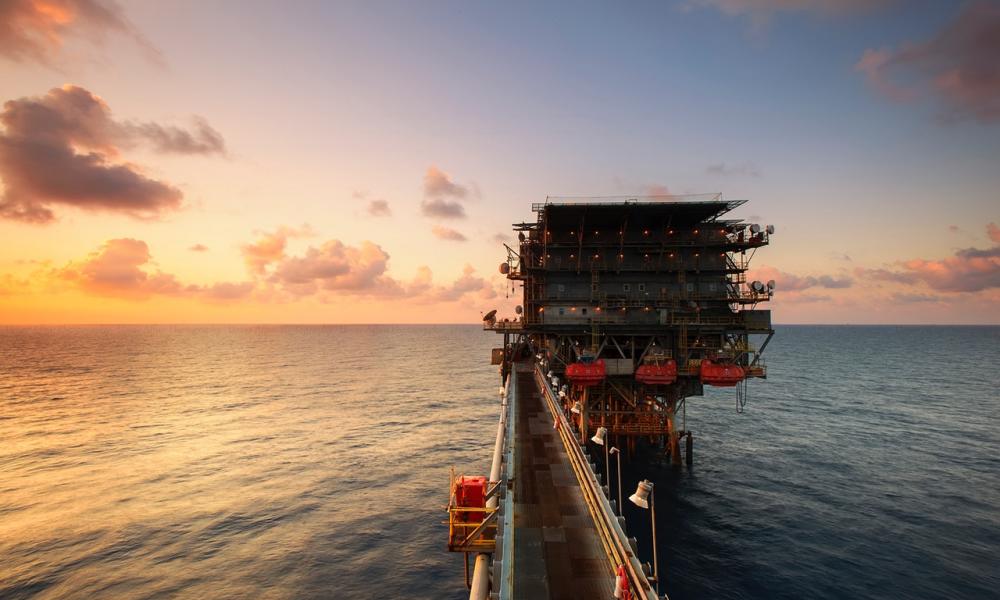Germany has signed a €50 billion deal with Norway to supply natural gas until 2039, but in our country many NGOs and many "Greek" parties are telling us not to drill and not to develop our own huge hydrocarbon deposits under the pretext "that natural gas supposedly has no future".
The Germans know very well what is coming and are preparing for an energy Armageddon
Norway's Equinor signed its biggest long-term gas contract in nearly 40 years on Tuesday, in a €50 billion deal with German state-owned energy group SEFE.
As EU countries look for stable supplies to offset the loss of gas from Russia, Germany has moved in leaps and bounds towards Norway.
"The deal will supply Germany with 129 billion cubic metres of gas by 2039, enough to meet a third of the country's industrial demand," Anders Opedal, CEO of German state-owned gas company Equinor, told the Financial Times.
"We ensured energy security for Europe's industrial hub and showed 'close cooperation' between Germany and Norway after Moscow cut off gas supplies in retaliation for sanctions for its full-scale invasion of Ukraine," he added.
The deal will reflect market prices, which at the current value of around 50 billion euros.
The sudden depletion of cheap Russian gas last year made EU countries rush to find gas supplies and secure contracts with other friendly countries.
The European Commission has signed memoranda of understanding with many gas-producing countries, such as Qatar and the US, to ensure stable flows.
EU energy ministers will discuss the level of gas supplies this winter and agree on extending emergency measures introduced last year, such as cuts in gas demand.
EU Energy Commissioner Kadri Simson said it was "necessary" to extend the measures "due to the fact that despite the relatively good start to the winter the geopolitical situation remains very fragile".
He said the German-Norwegian deal was part of a growing push for long-term gas contracts by many EU governments.
In fact, environmental organisations (WWF Hellas, Greenpeace, the Hellenic Society for the Protection of Nature, the Hellenic Ornithological Society) have petitioned the Council of State to annul the environmental conditions decision for the installation and operation of a floating industrial plant in the Thracian Sea area.
Greenpeace. The European Union should not allow the oil companies to continue to exploit the oil fields in the Baltic Sea, as the risk to the zephyrs and the ash dolphins is high.
Months ago, the well-known organisation Greenpeace demanded that exploration should be stopped and that no hydrocarbon mining should take place in the Ionian Sea, because the bottlenose dolphins and bottlenose dolphins, along with other mammals, are at risk.
That is all well and good, but what about the other mammals called Greek citizens?
The huge revenues that the country will reap and all those who work in this field finding work, what will happen?
With the central message "HELPE, stop the crime", they are peacefully protesting against these explorations in an extremely important area for sea turtles and marine mammals, the opaque way in which they are carried out, while they also aim to record possible impacts on the marine ecosystem from the seismic explosions.
Earlier reports said that incredible developments are coming from experts at EXXONMOBIL, as it is revealed in practice that our hydrocarbon reserves are enough to supply the entire EU.
The energy crisis in Europe would end, since the needs of the EU countries are expected to be covered by the Greek deposits and those of neighbouring countries.
In this real eventuality Greece would become economically strong and a promised land for the largest oil companies on the planet.




